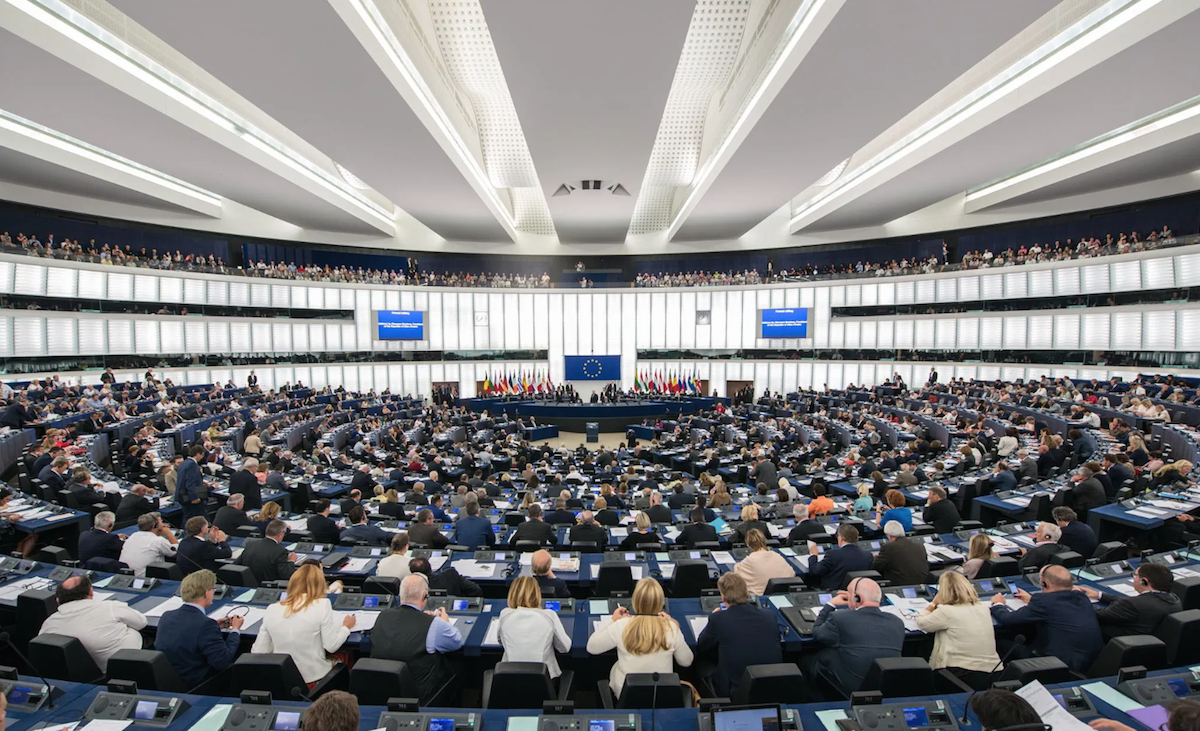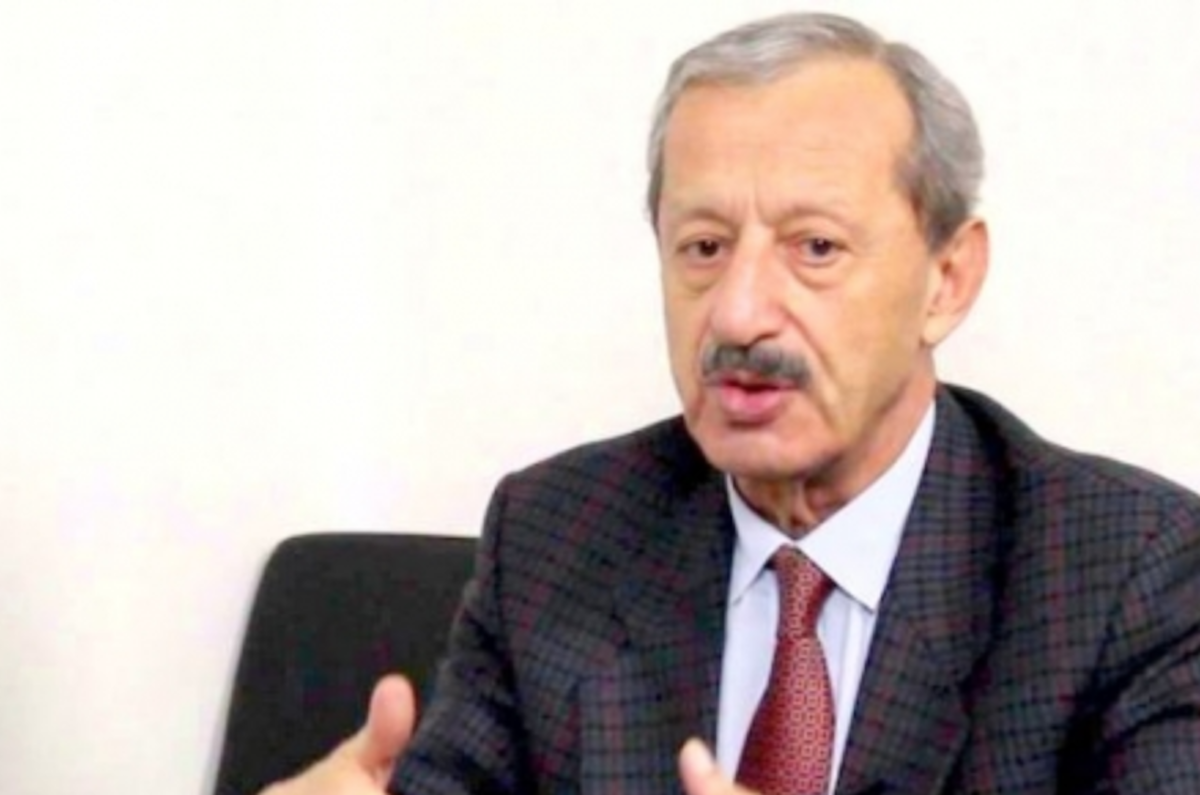Final OSCE report confirms 'alarming context' in Georgian parliamentary elections
OSCE sounds alarm on Georgia election
The ODIHR/OSCE has released its final report on Georgia’s parliamentary elections, describing the process as taking place against an “alarming backdrop.” The organization highlighted concerns over the political environment and fairness of the elections.
However, the OSCE has refrained from issuing a decision on recognizing or rejecting the election results, an outcome widely anticipated by the Georgian public.
“In line with its mandate, ODIHR does not recognize or endorse elections. Instead, ODIHR provides a comprehensive and impartial assessment of the electoral process […] and this enables voters to form their own judgments about the quality of the election,” the report reads.
The election has sparked mass protests across the country, with thousands rallying against alleged irregularities. Four opposition groups—three coalitions and one party—entering parliament have unanimously declared the election process fraudulent, rejecting the legitimacy of the new parliament and refusing to accept their mandates. Georgian President Salome Zourabichvili has also condemned the elections as rigged, calling the newly elected parliament and its decisions illegitimate.
The full report can be found here
Key points of the report
Before the elections:
● Steps were taken to undermine the independence of institutions involved in the electoral process.
● High-ranking officials, including mayors, actively campaigned for the ruling party, blurring the line between the party and the state.
● Voters were presented with a wide range of choices, with 18 party lists, and most could freely campaign.
● However, financial incentives for certain groups and the misuse of state resources gave the ruling party an undue advantage.
● There was limited oversight of campaign financing.
● The election administration managed technical preparations in a timely and efficient manner. Contributing to transparency, the CEC held regular live-streamed sessions and promptly published its decisions and other relevant materials online.
● However, its decision-making at times lacked collegiality, with opposition members reporting insufficient information sharing and marginalization.
Legal framework
● Overall, the legal framework provides an adequate basis for conducting democratic elections.
● However, frequent revisions to the legal framework, some made shortly before the elections and without broad cross-party support, undermined its stability and raised concerns about the potential for political manipulation.
● Specifically, the abolition of gender quotas and changes to the composition of the Central Election Commission noted as a step backward.
● Many ODIHR EOM interlocutors expressed concerns about the election administration’s impartiality, citing recent amendments that gave the ruling party control over CEC member selection, removed consensus requirements, and led to perceived ties between non-partisan members and the ruling party.
Election day
● While procedurally election day was generally orderly administered, it was marked by a tense environment due to widespread indications of pressure on voters, numerous reports of voters feeling pressured, voter tracking primarily by ruling party structures and affiliates, overcrowding at many polling stations, and frequent breaches of vote secrecy.
● Overcrowded polling stations and visible marks on ballots further compromised the secrecy of the vote.
● Procedural errors were noted, such as improper handling of unused ballots.
● Despite the introduction of electronic voting technology, concerns were raised that stakeholders had access to results and technical documentation before the election day.
Media environment
● The media environment was polarized, heavily biased, with limited impartial news coverage.
● The rhetoric during the election campaign was divisive.
● State-controlled media disproportionately covered the ruling party, undermining voters’ ability to make an informed choice.
Post-election
● Over 1,200 complaints were filed, but most were dismissed. This, combined with limited judicial accountability, undermined public trust in the electoral process.
● The opposition alleged voter bribery, misuse of voter data, and violations, but faced obstacles in accessing detailed voter lists to support these claims.
● Allegations of voter intimidation, vote-buying, and violations led opposition parties to reject the election results.
● Following the elections, mass protests took place and were repeatedly dispersed violently. Numerous arrests were made, with reports of abuse against protesters and journalists, violating international commitments guaranteeing the right to freedom of assembly.
The OSCE emphasizes that the Georgian authorities must address these issues to safeguard democratic principles.
“Numerous issues noted in our final report negatively impacted the integrity of these elections and eroded public trust in the process,” said Eoghan Murphy, who headed ODIHR’s 2024 election observation mission to Georgia. “To safeguard the democratic principles currently at stake in Georgia, it is imperative that the authorities urgently address all concerns.”
The report stresses that, in line with its mandate, ODIHR does not recognize or endorse elections. Instead, ODIHR provides a comprehensive and impartial assessment of the electoral process based on universal principles, international obligations, and the commitments to hold democratic elections made by all OSCE states.
This enables voters to form their own judgments about the quality of the election.
“Such an assessment enables voters to form their own judgment on the quality of the elections,” the report states.
The report also offers recommendations to improve the quality of elections, including proposed legislative changes.
“This will increase the transparency and integrity of the electoral process in Georgia for the benefit of all,” the report concludes.
OSCE sounds alarm on Georgia election





















